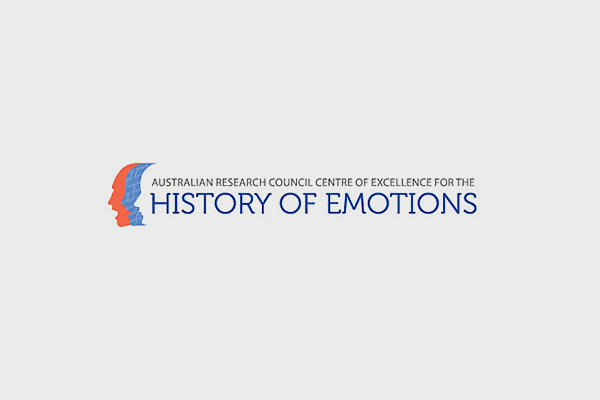Affectivity of historical violence
This project investigated how the legacy of past violence shapes individual and social lives, forms of care and the very concept of what it means to be human in the aftermath of violence.

Overview
This project explored genealogies of violence and forced migration beyond the medical determinism of intergenerational transmissions of trauma and uses the lens of affective relationality to analyse how affective intergenerational dynamics are felt, performed, embodied and mediated. This research explores how relationality operates as an affective transmission and as a dynamic force that is both durable but also culturally and historically specific.
At the outbreak of the Second World War and the Japanese occupation of the Dutch East Indies (1942-1945), hundreds of thousands of Indisch people were detained at the prison camps and subjected to genocide in what became Indonesia in the aftermath of 1945. The survivors of these atrocities found refuge in the Netherlands, Australia, Canada and the United States. They invested in what I refer to as a ‘motivated forgetting’ – intentional attempts to forget past events and experiences in order to begin a new life. My primary interest is in how we might engage with the limits of representations of violent histories and their persistent mattering. Based on four years (2009-2014) of ethnographic research with Indisch diaspora refuged from their homeland in the aftermath of the Pacific War, preceded by years of imprisonment and torture, I investigate how the legacy of past violence shapes individual and social lives, forms of care and the very concept of what it means to be human in the aftermath of violence.
More information
Project details
Sponsors
ARC Centre of Excellence from the History of Emotions
Year
2016